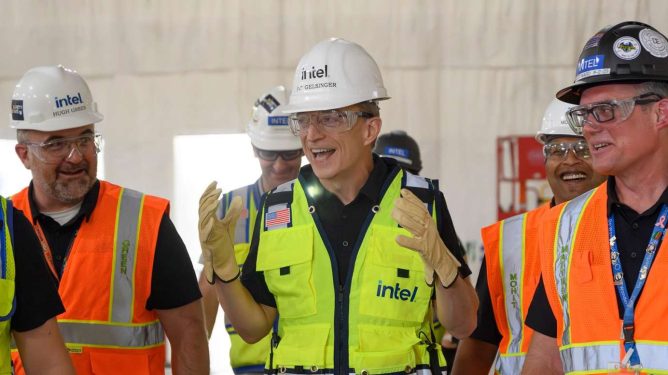Best Buy has revolutionized its delivery tracking system by launching an AI-powered feature that provides customers with highly accurate, minute-by-minute updates on their orders. This innovative approach addresses the growing demand for transparency and efficiency in the retail sector, as consumers increasingly expect precise delivery information.
Meeting Consumer Demands with AI Technology
According to Krish Iyer, vice president of industry relations and partnerships at ShipStation, over 30% of global consumers are receptive to AI-driven delivery updates. Iyer highlights the importance of providing customers with exact delivery times, stating that it "reduces anxiety and builds trust." This is particularly crucial for large or high-value purchases that require someone to be present for delivery.
The integration of real-time data and predictive analytics in Best Buy’s nationwide rollout optimizes delivery routes and reduces lead times. By leveraging factors like demand predictions and current traffic conditions, customers can receive live updates on their delivery status down to the minute.
Challenges and Opportunities in Retail Logistics
While implementing AI-powered tracking is a significant step forward for retailers, it also comes with its challenges. Ed Clarke, founder of Yojee, a logistics company, notes that AI-optimized routes may sometimes appear counterintuitive to customers, potentially leading to confusion and increased customer service inquiries.
Seamless data integration across various systems is crucial to ensuring the accuracy and reliability of the AI tracking. Research from ShipStation reveals a gap in current delivery transparency, with two-thirds of retailers failing to provide basic updates like "shipped" notifications.
Best Buy’s new system aims to bridge this gap, offering a more transparent and efficient tracking experience that sets a new standard for the industry.
The Broader Impact of AI in Retail
Hemanth Holla, senior director of supply chain at Tredence, emphasizes that AI-powered tracking could revolutionize last-mile delivery in retail. By utilizing real-time data on factors such as traffic and weather, companies like Best Buy can significantly reduce delivery time variability and offer near-instant updates to customers.
Beyond customer satisfaction, AI-driven tracking can enhance overall supply chain efficiency, influencing purchasing decisions in both online and physical retail settings. As consumers gain confidence in precise delivery windows, this technology may also encourage larger purchases.
As Best Buy implements this new system, it joins the ranks of other retail giants like Amazon and Walmart, who have been leveraging AI to optimize their operations. In an increasingly competitive retail environment, innovations in delivery tracking could provide a significant advantage.
AI-Powered Live Tracking: A Game-Changer for Retailers
Iyer concludes that "AI-powered live tracking isn’t just a nice feature; it’ll become an expectation." Brands that embrace this technology will have a significant advantage in building customer loyalty and driving sales.
Holla adds, "AI-driven live tracking represents a transformative leap forward in logistics, setting new standards for customer service and operational excellence in the retail sector."
The Future of Retail Logistics
As AI-powered delivery tracking becomes more prevalent in the retail industry, it is likely to have a profound impact on supply chain efficiency and customer satisfaction. With its innovative approach, Best Buy is leading the way in this transformation.
In conclusion, Best Buy’s new AI-powered delivery tracking system is a significant step forward for retailers seeking to improve their logistics and meet growing consumer demands for transparency and efficiency.
Key Takeaways
- Over 30% of global consumers are receptive to AI-driven delivery updates.
- Providing customers with exact delivery times reduces anxiety and builds trust.
- AI-powered tracking can revolutionize last-mile delivery in retail by utilizing real-time data on factors such as traffic and weather.
- Seamless data integration across various systems is crucial for ensuring the accuracy and reliability of AI tracking.
Future Developments
As AI-powered delivery tracking continues to evolve, it is likely to have a profound impact on supply chain efficiency and customer satisfaction. Retailers that fail to adapt may struggle to compete in an increasingly competitive market.
By embracing this technology, companies can gain a significant advantage in building customer loyalty and driving sales. As Iyer notes, "AI-powered live tracking will become an expectation," making it essential for retailers to stay ahead of the curve.
Sources
- ShipStation: Research on consumer acceptance of AI-driven delivery updates
- Yojee: Insights on the challenges of implementing AI-optimized routes
- Tredence: Expert analysis on the impact of AI-powered tracking on supply chain efficiency and customer satisfaction
By understanding the implications of AI-powered delivery tracking, retailers can make informed decisions about their logistics and meet growing consumer demands for transparency and efficiency.






